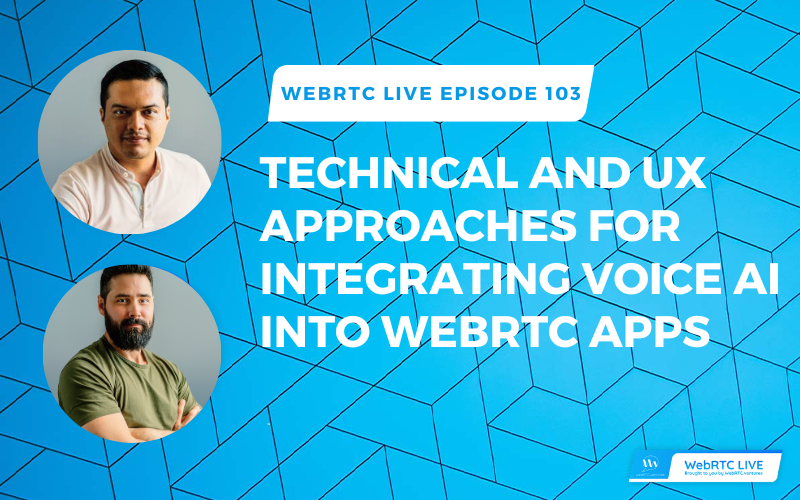
Since Zoom adopted WebRTC, we’ve been closely monitoring their developer platform evolution. Zoom’s WebRTC-powered Video SDK is a powerful addition to the CPaaS landscape, offering rapid integration, robust performance, and a wide array of features for custom video solutions. At their 2025 Developer Summit, Zoom unveiled significant

WebRTC.ventures is proud to announce that AVA Intellect, the Live AI Agent platform we’ve been helping build over the past year, has been acquired by Wowza, a global leader in video streaming infrastructure and technology solutions. AVA is an AI-native startup specializing in intelligent and embedded agent

One of the biggest challenges in building real-time AI voice agents is the delay between when a user finishes speaking and when the system responds, known as latency. Even small delays in a Voice AI application can disrupt the natural flow of conversation and harm your user

Adding Voice AI to WebRTC applications presents unique technical challenges and user experience considerations. How do you architect systems that handle real-time audio processing, maintain conversational context, and deliver natural, responsive interactions? And how do you design interfaces that adapt to the dynamic nature of AI-powered communication?






